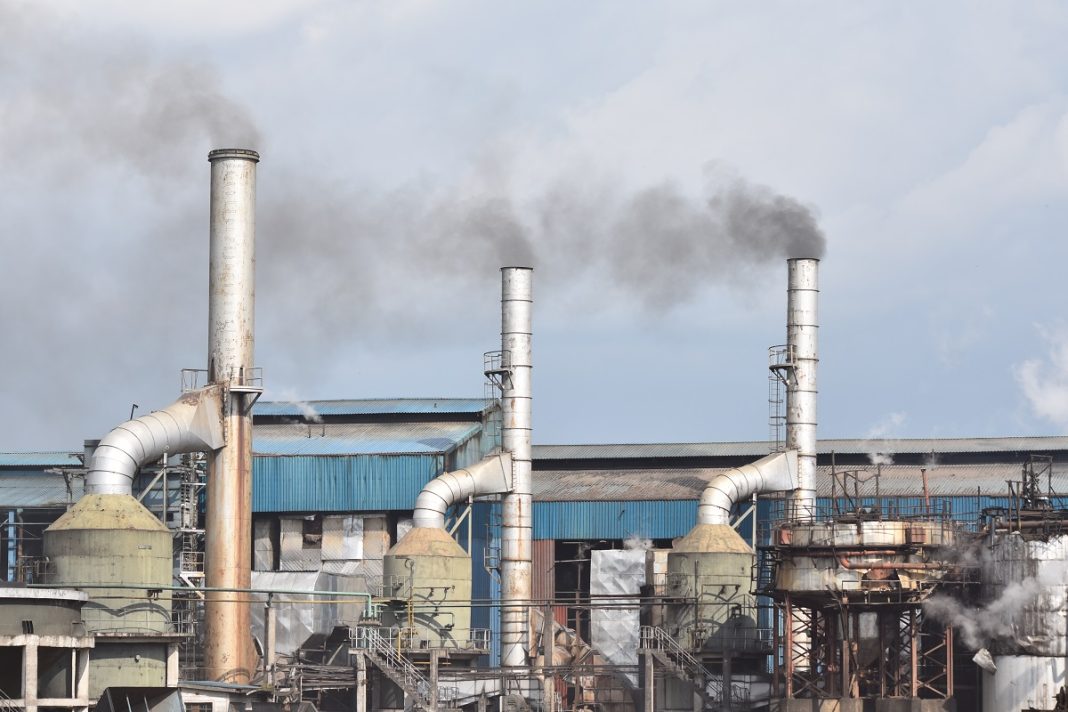By Anderson Ojwang
Will the leasing of the four public sugar factories to private investors inject a robust life into the sugar sector and address the delay in payment for cane delivered by farmers to the factories?
Will the private investors be able to meet the country’s sugar requirement of 1 million tons annually, and will the employees be paid promptly?
And more importantly, an emotive issue that is fast emerging is over the ownership of the nucleus land, factory assets and what role the community will play in the day-to-day management of the factories?
These are some of the tough questions that have emerged after the government concluded the leasing of the four factories to private investors.
Sugarcane farmers, have for decades gone through untold suffering due to unpaid cane deliveries, high cost of production and huge loans that have crippled the sector.
The factories have been reeling from heavy debts, unfavourable business environment, cane shortage and the underhanded deals by the sugar cartels, coupled with greed by sugar importers.
The sugar sector is capable of generating Sh 106 billion annually, which can create at least 500,000 employment opportunities in the country but this has not been achieved.
Currently, according to reports, Kenya produces approximately 800,000 tons of sugar annually. However, the country still faces a deficit as the demand for sugar is around 1 million tons per year.
Similarly, according to recent data, Kenya imports around 320,000 metric tons of sugar annually, with figures fluctuating depending on the year and domestic production levels; in 2022, Kenya imported approximately 320,700 metric tons of sugar.
Over the weekend, the takeover was actualised with West Kenya Sugar Company taking over Nzoia Sugar Company, while Kibos Sugar and Allied Industries Ltd took over Chemelil Sugar Company.
Sony Sugar Company was leased to Busia Sugar Industry, and West Valley Sugar Company Ltd took over Muhoroni Sugar Company.
Agriculture Cabinet Secretary Mutahi Kagwe in an attempt to respond to the emerging issues in a statement said the Ministry has assured the public that no public land would be sold or acquired under the leasing agreements. Further, all assets belonging to the four sugar companies would remain the government’s property.
“I would like to assure the public and all stakeholders that the negotiated terms represent the best possible outcome to ensure the revival of the sugar sector. I call upon your continued support in realising this vision. The Ministry remains fully committed and ready to address any concerns that may arise,” Kagwe remarked.
The CS said the government competitively procured four private millers to run the factories for 30 years.
“The move was necessary to inject much-needed capital into the sector and to ensure efficient operation of the factories to make the country’s sugar secure,” he said.
The government had in the recent past paid over Ksh. 1.7 billion to sugarcane farmers and Sh. 600 million to factory workers in the past year.
But still, the arrears owed to factory workers have accrued to Ksh. 5.6 billion, funds which the government has promised to settle by June 2026.
This will be done in a phased payment schedule, which includes Ksh. 1 billion to be paid to workers upon takeover in May 2025, Ksh. 1.5 billion to be released in July 2025, and Ksh. 1.17 billion to be released quarterly until June 2026.
The CS added that there would be a one-year transition period during which the private sector shall evaluate its workforce and determine how to retain current employees.
But Kisumu Governor Prof Anyang Nyong’o has called for the suspension of the exercise, saying there was no public participation and approval by the people of Kisumu county.
“We are concerned about the Miwani nucleus sugar land, which is being transferred through opaque arrangements despite the ongoing court case. This is nothing short of daylight robbery and economic coup against over 60,000 farmers involving 15,000 hectares of land,” he said.
However, Dr Alfred Obenga said leasing of the Mills wasn’t a bad idea if this would bring benefits to the community and other stakeholders.
“At least the Mills that are under the private sector are doing much better than those under the government, where everyone employed there is thinking of just eating without efficiency.
Also, I hope the private sector is working to inject good capital and resuscitate the dying Mills back to life.
This will create employment and give income to the farmers, hoping that the new owners will not use the vast factory farms as collateral for loans, default and leave the farms to be bought by the tenderpreneurs who are bad boys,” he said.
Obengo said the two sugar factories in Kisumu were set up in the early 60s, the machines are archaic and out of touch with modern realities.
“The cost of production makes their products uncompetitive in pricing. Some of us feel that running them is a burden to the exchequer. If the government can’t pump money into revamping them, then it’s best to lease them.
We can debate about the leasing process, but maintaining status is logically unsustainable,” he said.
Scholar, Dr Akinyi Nyawalo, said leasing was important, but there was a need to make public the process and content of the lease.
“We need to be extremely careful. Under which framework is the lease being made? Though I’m not a lawyer, I’m involved in community affairs and understand something about how natural assets, especially land, are categorized under our new constitution.
Most of these sugar mills were given out as “trust lands” to the government to manage and this was to safeguard the raw material supply to the factories. It was normally massive amounts of land within the neighbourhoods of the factory. If I understand correctly, “trust land” isn’t Government land. It isn’t public land. It is community land that the Government protects, for the benefit of the respective specific community.
It means the government should have no authority to alter the title deed of such land or enter into leasing or whatever legal arrangements, without proper public participation that gives consent to any procedure.
But bad manners in the Government circles reign supreme, and we see this rule disregarded over and over again with impunity. Once again, this is a way of contravening/trashing the dictates of the new constitution and normalising illegalities.
There is a well-articulated procedure to legally make such assets cease being under government (read executive) to directly come under their respective Communities. But it remains in the dark shadows.
The signing of leasing contracts without the community’s participation is illegal, because there is no assurance that these land assets will finally revert back to the community at the end of the lease. They still are intent of defrauding communities of their heritage,” she said.




